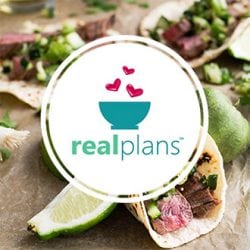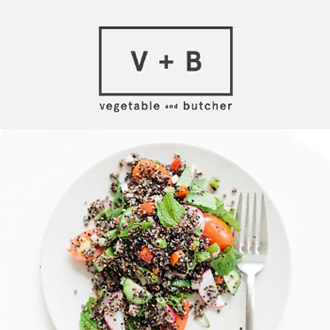It’s one of the most common questions I hear
“I like [insert food of choice here]. Is that healthy?” It’s framed as a simple yes or no question, yet I feel myself taking a deep breath every time I hear it. “Well…that depends…” is almost always how the answer starts, and it isn’t always brief. An article posted recently described perfectly the root of how “healthy” a food is can complicate and even create confusion about what we should be eating.
Here are 2 key paragraphs that make a valuable point:
“I submit to you that our beloved kale salads are not “healthy.” And we are confusing ourselves by believing that they are. They are not healthy; they are nutritious. They may be delicious when prepared well, and the kale itself, while in the ground, may have been a healthy crop. But the kale on your plate is not healthy, and to describe it as such obscures what is most important about that kale salad: that it’s packed with nutrients your body needs. But this is not strictly about nomenclature. If all you ate was kale, you would become sick. Nomenclature rather shows us where to begin.
“ ‘Healthy’ is a bankrupt word,” Roxanne Sukol, preventive medicine specialist at the Cleveland Clinic, medical director of its Wellness Enterprise and a nutrition autodidact (“They didn’t teach us anything about nutrition in medical school”), told me as we strolled the aisles of a grocery store. “Our food isn’t healthy. We are healthy. Our food is nutritious. I’m all about the words. Words are the key to giving people the tools they need to figure out what to eat. Everyone’s so confused.”
I think that is pretty true. Clearly, we need to eat mostly foods that are nutritious (or nutrient dense, which is roughly a measure of how many micronutrients a food contains per calorie), but “healthy” relies upon context. Since no single food provides all the nutrients we need, whether a food is a healthy choice is relative. Did you just eat 5 bananas? That 6th banana probably isn’t a healthy choice – despite the fact that bananas are nutrient dense. For a guy who just ran a marathon, a huge white bagel IS a healthy choice – despite the fact that bagels aren’t nutrient dense. So foods can be both nutrient dense and a good choice, or not nutrient dense and still (conditionally) a good choice. Separating “healthy” from “nutritious” allows us to talk about the food patterns and individual needs vs the qualities of our food with a little bit more clarity.
The writer goes on to touch on many food issues of our day – the processing problems, confusing labeling, and industry practices. It’s not new information, and I think it somewhat dilutes his point, but he ends with a call for people to take more note of what they’re eating and how it’s prepared – a message I’m always on board with. Is there likely to be a nationwide move away from calling some foods healthy? Probably not, and maybe it is just semantics – a point several commenters made – but maybe it could help shift the mindset from good food/bad food to consider the bigger picture and ask a few more questions.
What’s your take?











i love how she differentiates health vs. nutritious and it totally makes sense. i need to start practicing those vocabs in my daily life. thank you!!!
I want to switch too – so hard when most people will just default to “healthy.”